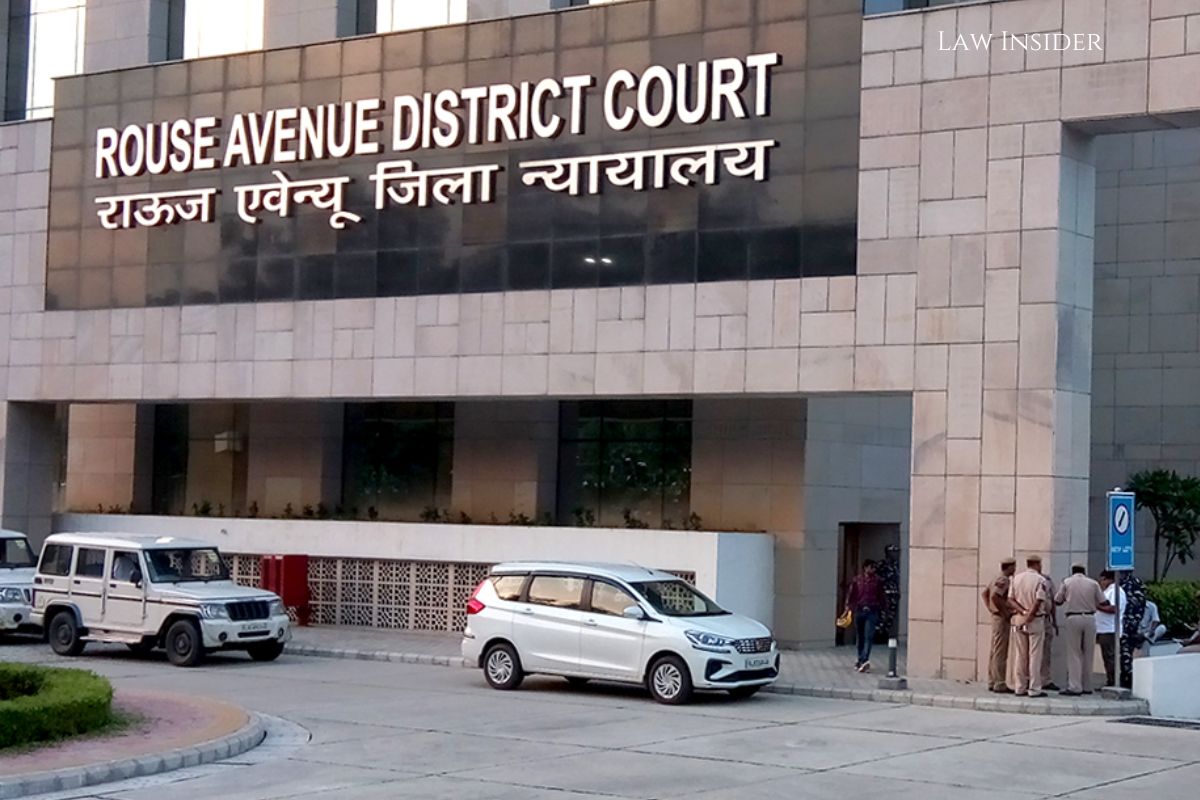Savvy Thakur
Published on: 27 November 2022 at 20:12 IST
The former Delhi Minister Satyendra Jain asked the Tihar Jail authorities to provide him with food in accordance with his religious beliefs, but the Rouse Avenue Court in Delhi rejected his request, noting that the State cannot grant anyone in the country any special privileges.
Special Judge Vikas Dhull denied Jain’s plea and stated that the no reasonable ground to be made out to direct the Director General (Prison) and Superintendent of Tihar Jail to provide Jain with fruits, vegetables, or dry fruits.
In connection with a money laundering case, Jain has been in jail since May of this year. He claims that because he is a firm follower of Jainism, he is on a religious fast and cannot eat cooked food or pulses.
The judge noted that inmates who observe a religious fast may, as permitted by government orders, receive additional food items like fruit and potatoes in accordance with jail rules.
Be that as it may, in the current case, there is no solicitation put on record by Jain appearance his longing to keep quick nor any request for DG, Jail or of any authority allowing him to keep strict quick, the Court said.
The judge stated, “Therefore, as per DPR 2018, there was no order to the effect that Tihar Jail Administration provided the applicant with fruits/vegetables, on account of his religious fast.”
The fact that Jain and the jail administration claimed he was purchasing fruits and vegetables from the canteen was also taken into account by the judge. However, there was no billing record accessible.
As a result, the court assumed that the fruits and vegetables were being given to the Jain without permission from the DG Prison or any other authority, in violation of the Delhi Prisons Rules, 2018.
The court stated, “The provision of fruits and vegetables to the applicant was in violation of Article 14 of the Constitution of India, 1950 because the State is bound to treat all prisoners equally and there can be no discrimination based on caste, creed, sex, religion, status, etc.”
Jain stated in his November 22 plea that he has been surviving solely on raw fruits, vegetables, and dry fruits, a diet that his doctors also recommended.
However, it was argued in the plea that the jail authorities have stopped providing these items for the past 12 days.
He claimed that all of this violated his fundamental rights. The plea states that the right to life and health—physical or mental—as envisioned by Article 21 of the Indian Constitution cannot be taken away by the jail authorities because they are state officials. Moreover, the plea stated that the petitioner is denied the most basic fundamental facilities such as a medical checkup, a decent death in accordance with religious belief, and a dignified life while undergoing trial.
He asserted that he lost around 28 kilograms over the most recent a half year and two kilograms in the earlier week from when the stock of his food things was halted.
The judge stated that the weight loss cannot be attributed to the Tihar Jail Administration in relation to this.
“The reason for the same is that as per the own assertion made by the applicant, he is not consuming regular food in Tihar Jail since the day of his incarceration. A person, who does not consume regular food is bound to lose weight. Even a dietician prescribes fruits and vegetable diet when a person intends to lose weight,” the order stated.
The plea emphasized that Jain is a undertrial prisoner and cannot be starved or forced to give up his religious beliefs.
“He is entitled to basic human rights while incarcerated, and the restriction on liberty imposed by law does not take away the right to life, health, and dignity enshrined in the Indian Constitution.”
“The Jail Authorities would be solely responsible for any medical mishap concerning my health,” the plea added.

